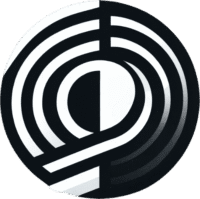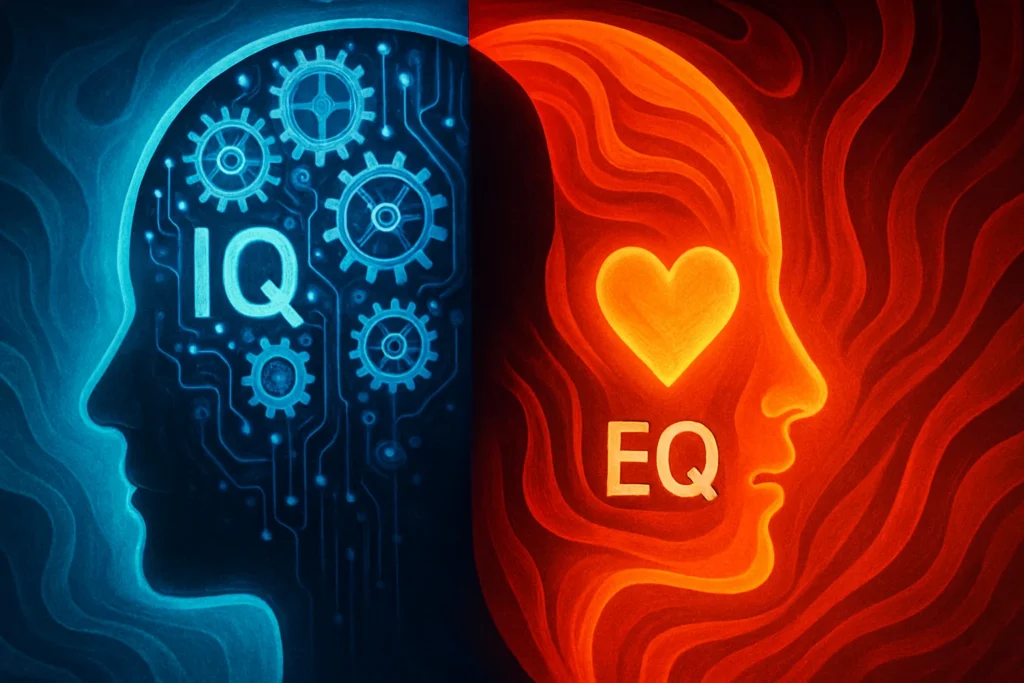
Ever wonder why some people navigate workplace complexity with such ease?
It’s not just about IQ or technical skill. It’s about Emotional Intelligence (EQ).
This isn’t another superficial quiz. This is a self-assessment tool designed to give you genuine clarity.
In this guide, you won’t just measure your EQ in under 10 minutes—you’ll get an actionable framework to turn it into your greatest competitive advantage.
1. Why Our Test is the “Definitive Filter” (A Promise of Transparency and Action)
What makes this free EQ test different from all the others? Transparency and immediate utility.
We designed this system for “Alex, the Ambitious Achiever”—the skeptical professional who values evidence-based systems, not empty promises.
Here is our commitment to you.
Start in 5 Minutes: The Rapid 40-Question Assessment
Your time is your most valuable asset. That’s why our emotional intelligence quiz is direct and efficient.
It features 40 questions designed to be completed in 5 to 10 minutes.
You get a robust evaluation without needing to block off an hour in your calendar.
Our Integrity Pledge: Results Free from Data Selling or Forced Email Capture
Let’s be blunt: most “free” tests have a hidden cost. They capture your email to upsell reports or add you to a marketing list.
We don’t do that. Your results are 100% free and instantly accessible.
Our philosophy is to earn your trust by delivering real value first.
The 5 Pillars of EQ: Maximum Transparency on What You’ll Measure
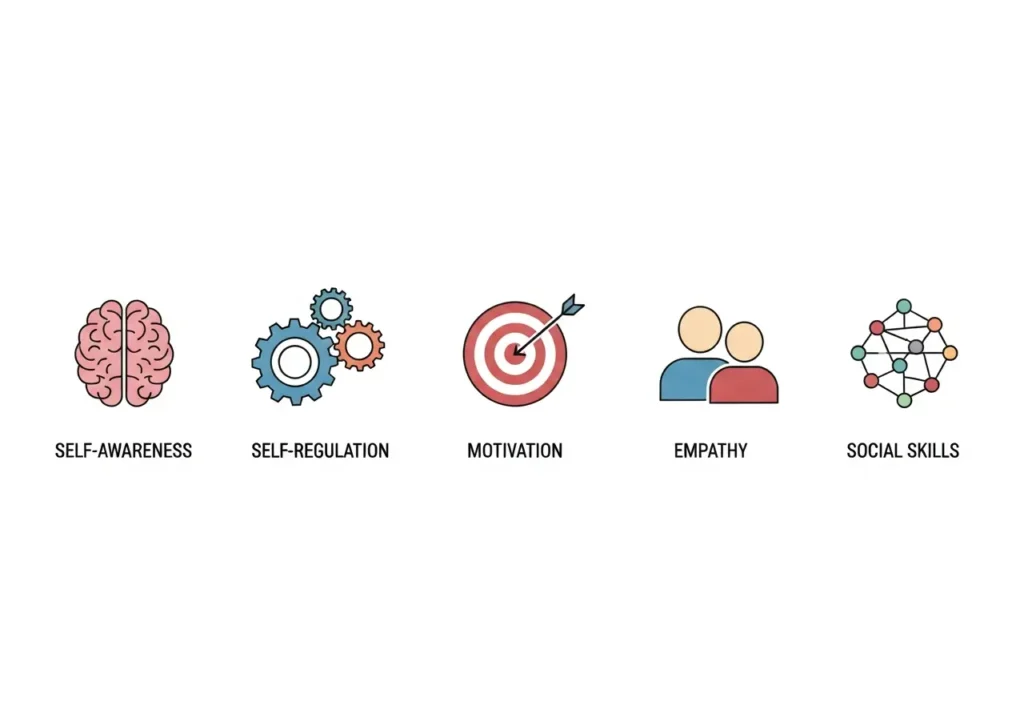
You will know exactly what is being evaluated. Our test is structured around the five components of emotional intelligence, the most recognized model in the field.
- Self-Awareness: The ability to recognize and understand your own emotions.
- Self-Regulation: The ability to control or redirect disruptive impulses and moods.
- Motivation: A passion to work for reasons that go beyond money or status.
- Empathy: The ability to understand the emotional makeup of other people.
- Social Skills: Proficiency in managing relationships and building networks.
2. Decoding Validity: The Science Behind Your EQ Score
A test is only as good as its reliability. Credibility is our cornerstone.
We didn’t invent random questions. Our system is grounded in decades of psychological research.
Understanding the science behind your score is the first step toward real change.
Our Test: Based on Goleman’s Competency Model (2002)
Our assessment is based on the work of Daniel Goleman, the psychologist who popularized the concept of Emotional Intelligence.
Our assessment was developed by the ActionableSelf team, leveraging over a decade of experience in organizational psychology and performance coaching. We’ve distilled the core principles from Goleman’s framework into a practical tool designed specifically for ambitious professionals.
The research of Daniel Goleman emotional intelligence suggests that in leadership roles, EQ counts for twice as much as IQ and technical skill combined for success. This isn’t a self-help concept; it’s a validated performance predictor.
Types of EQ Tests: Differentiating Goleman (Competency) from Mayer-Salovey (Ability)
For your clarity, there are primarily two types of EQ tests:
- Ability Tests (Mayer-Salovey): These measure your capacity to solve emotional problems, like an “emotional IQ.”
- Competency Tests (Goleman, Bar-On): These measure EQ as a set of learned competencies and skills.
Our science-backed EQ test focuses on the competency model because it is directly actionable. You can learn and improve these skills.
3. Actionable Results: Your Immediate Development Roadmap
A score without an action plan is useless. This is where we outperform 99% of other tests.
We won’t just give you a number. We will give you a system to improve it.
This is the coaching value others charge for, delivered to you for free.
How to Interpret Your Score: From “Growth Opportunity” to “High Performer”
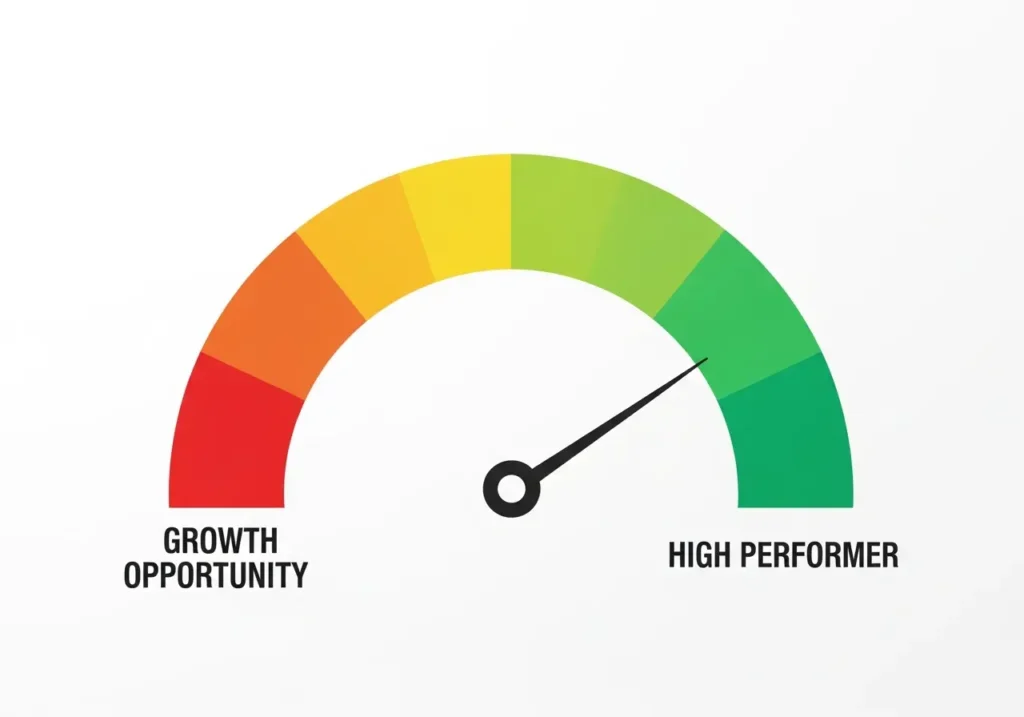
Your EQ score meaning is presented in a simple, contextual way.
- Growth Opportunity (0-40): Indicates clear areas that, with focus, can lead to significant growth in your personal and professional effectiveness.
- Effective (41-70): You have a solid foundation of emotional intelligence skills, but there is room to refine and enhance your approach.
- High Performer (71-100): You demonstrate a high level of Emotional Intelligence, serving as a role model in several competencies.
The Free Coaching Plan: 4 Steps to Improve in 12 Weeks
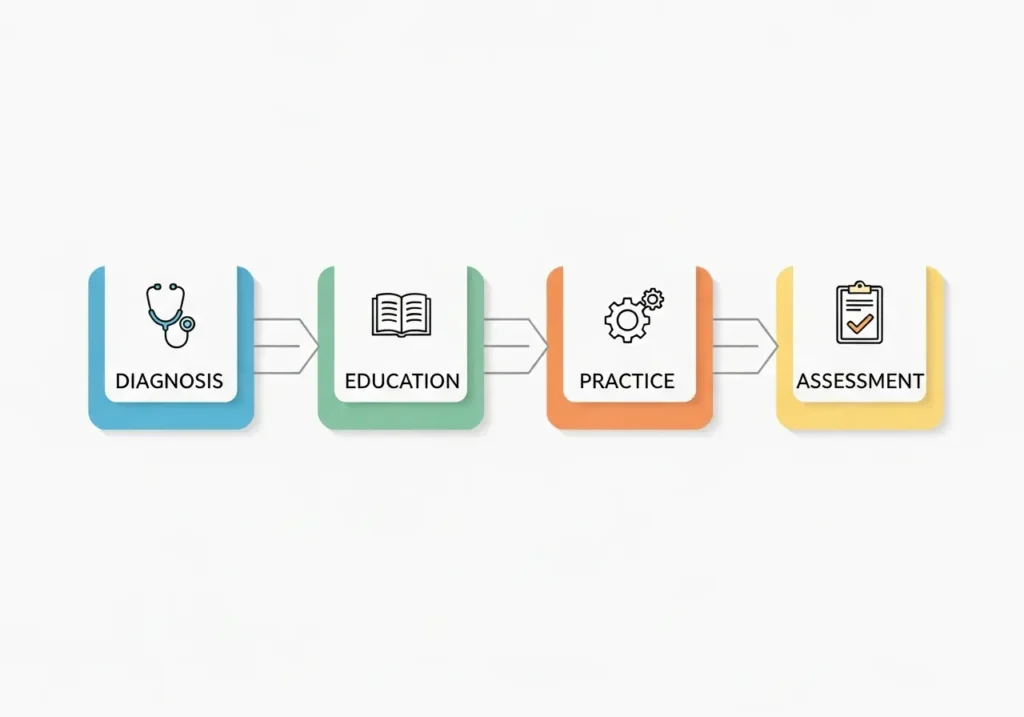
This is your framework for growth. Simple, structured, and actionable.
- Diagnosis (Week 1): Use your test results to identify your 1-2 lowest-scoring pillars. This is your area of focus.
- Education (Weeks 2-4): Dive into resources to understand the psychology behind these skills. For example, if Self-Awareness is your focus, start with our foundational guide to Emotional Intelligence.
- Intentional Practice (Weeks 5-11): Apply one practical exercise per week. Consistency matters more than intensity.
- Assessment (Week 12): Retake the test to objectively measure your progress.
4. Daily Actions to Elevate Each EQ Domain
Knowing how to improve emotional intelligence comes down to consistent, daily practices.
Here are simple, evidence-based strategies for each pillar.
Increasing Self-Awareness: The Emotional Journaling Practice
At the end of each day, take 2 minutes to write: “What emotion did I feel most strongly today, and what triggered it?” This builds your emotional vocabulary and connects triggers to feelings. To master this, explore our complete self-awareness guide.
Improving Emotional Control: “The Pause Before Reacting” Method
When you feel a strong emotion (frustration, anger), create a mental pause. Take one deep breath and ask yourself, “What is the most constructive response here?” For more advanced strategies, read our article on emotional self-regulation techniques.
Strengthening Empathy: Reading Non-Verbal Cues and Validation
In your next meeting, quiet your own mind for 30 seconds and just observe. Notice body language and tone of voice. Then, validate what you perceive. Developing this skill is a game-changer; learn more in our post on how to develop empathy skills.
Developing Social Skills: The Constructive Feedback Framework
To give feedback, use the “Situation-Behavior-Impact” model: “In the meeting yesterday (Situation), when you presented the data (Behavior), it brought a lot of clarity to the team (Impact).” For a comprehensive framework, see our guide on improving social skills for adults.
5. FAQ and Next Steps (Ethical Conversion and Closing)
Let’s address a few final questions to ensure complete clarity.
Can I Use This Score in Job Interviews or My Career?
This is a powerful self-assessment tool for your personal development.
It is not a certified diagnostic test. Use it to identify your growth areas and guide your action plan, which will, in turn, have a massive impact on your career.
When Should I Consider Professional Training (Coaching or a Workshop)?
Self-assessment is the first step. If you lead a team or face complex interpersonal challenges, external feedback is crucial.
Tools like 360 Degree Feedback, where peers, leaders, and direct reports assess you, provide a complete picture. Professional coaching can then help you turn those insights into lasting behavioral change.
Ready to turn self-awareness into your competitive advantage? Get Your Free EQ Score & Action Plan Now.
